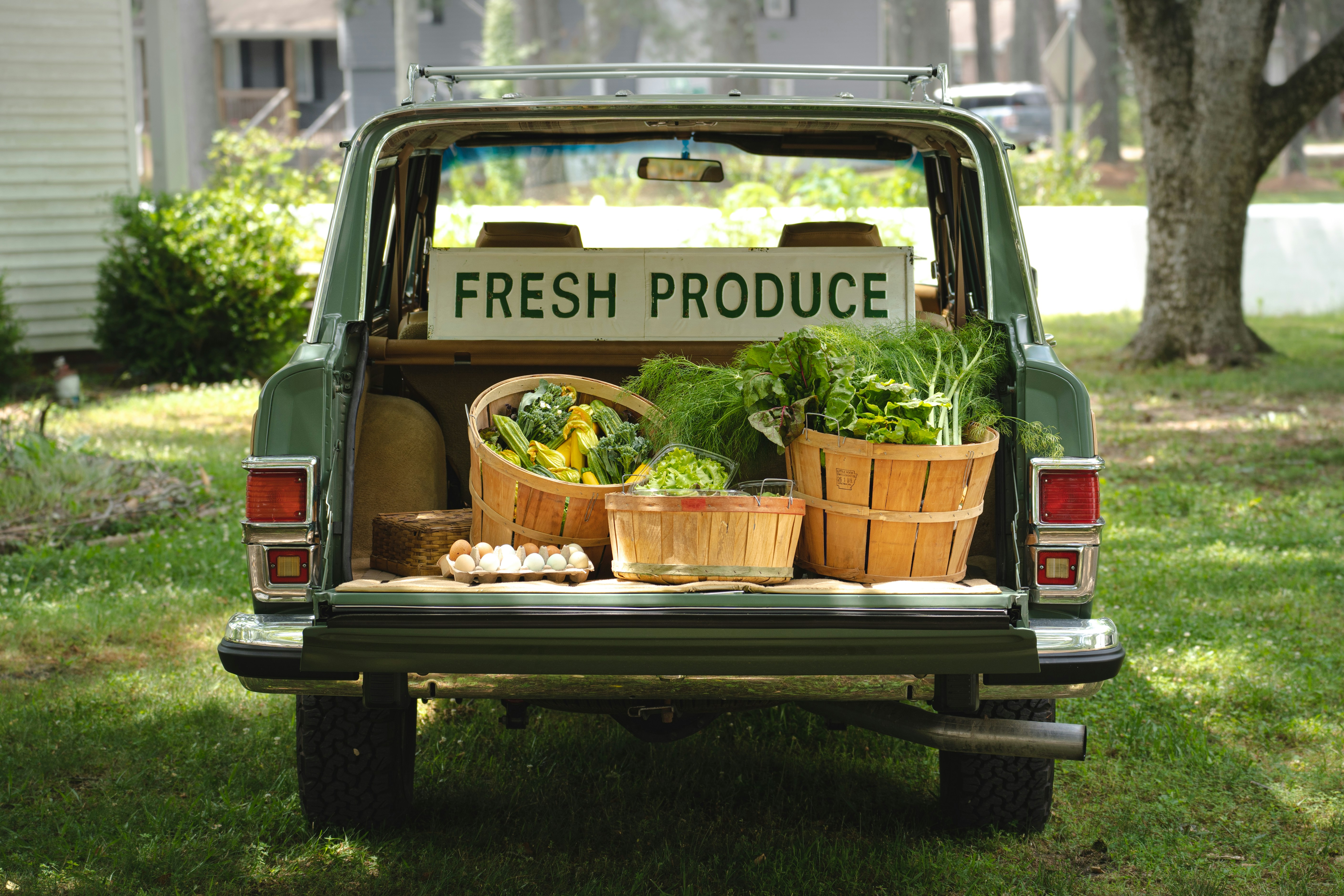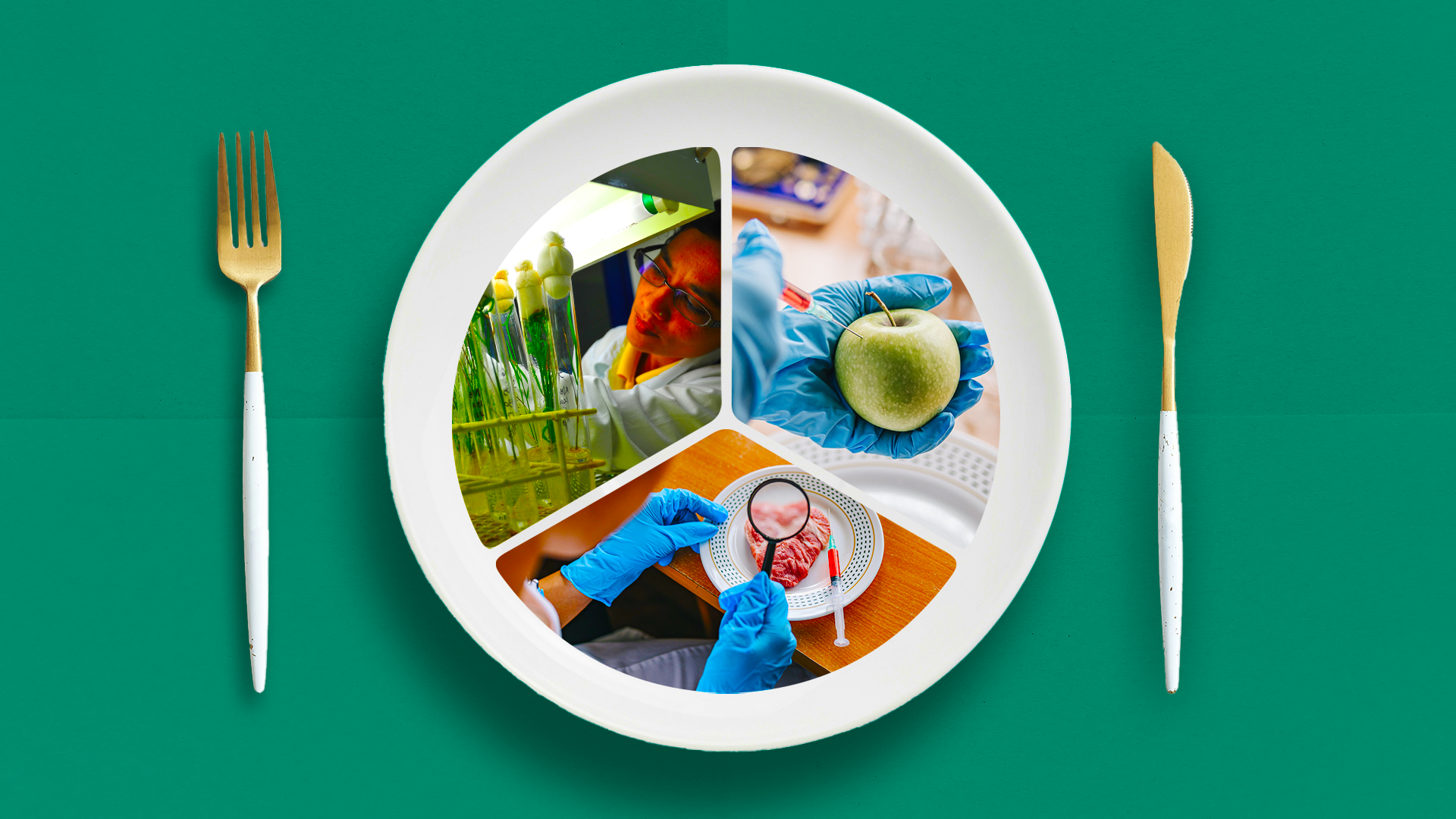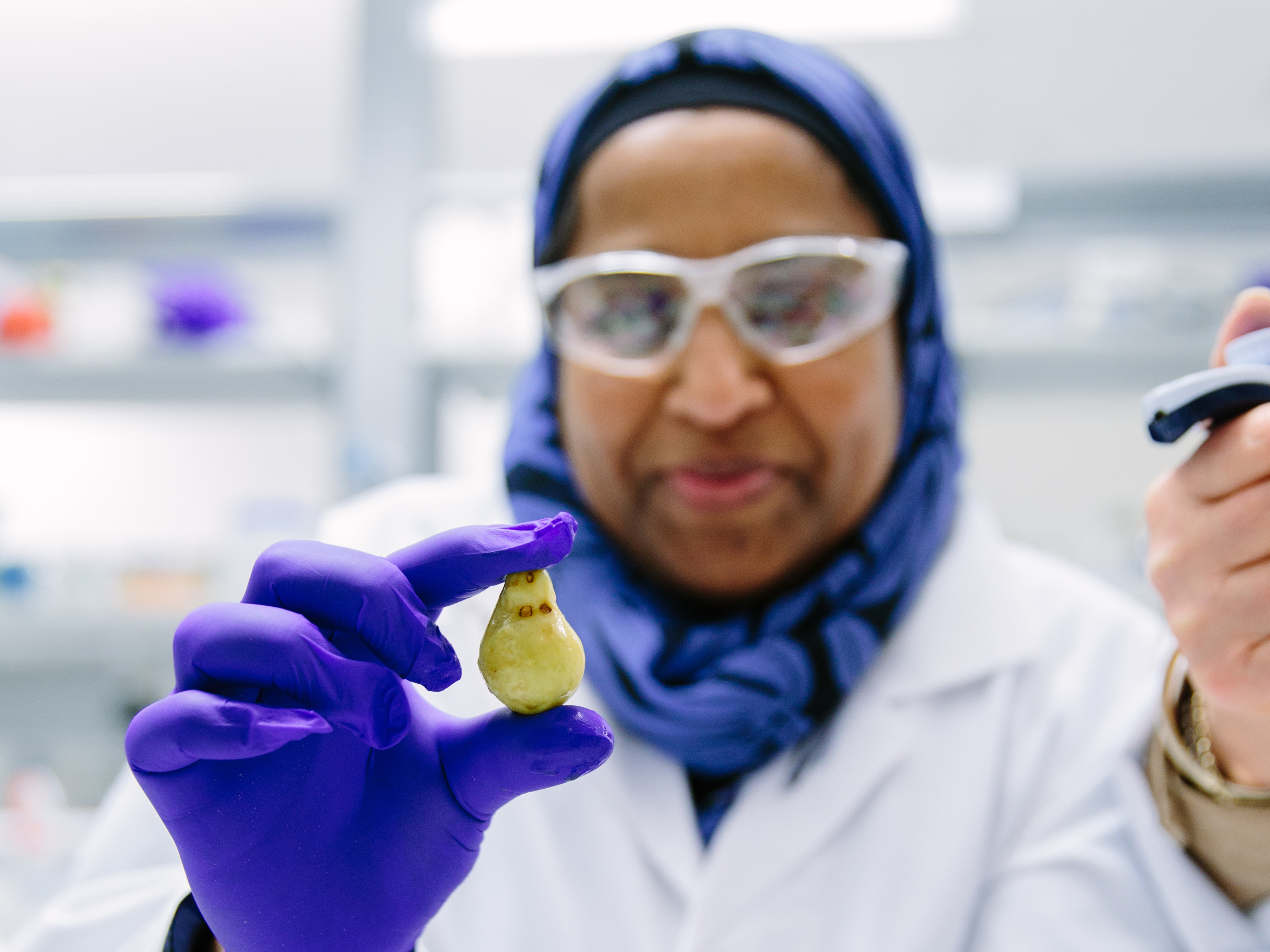An analysis of social media discussions reveals consumer shift to organic produce in wake of health concerns post pandemic.
 Discussions on social media suggest they have been instrumental in shaping our food choices, particularly with regard to organic foods : Social.Cut Unsplash License
Discussions on social media suggest they have been instrumental in shaping our food choices, particularly with regard to organic foods : Social.Cut Unsplash License
An analysis of social media discussions reveals consumer shift to organic produce in wake of health concerns post pandemic.
Americans are buying apples and spinach, Canadians have blueberries and raspberries on their list, Japanese can’t have enough matcha tea, and Indians are stocking up on turmeric.
These are just some global favourites from the organic produce sections.
As concerns around health, food safety and sustainability drive dietary choices in a post-pandemic world, the once niche market for organic foods has turned mainstream.
Social media has played a key role in precipitating this consumer behaviour, our research study that analyzed 300,000 social media posts on platforms such as Twitter, Facebook, TikTok and YouTube, suggests.
These platforms serve as spaces where information, opinions, and health advice is exchanged, often leading to changes in consumer behavior.
The analysis of consumer discussions on social media platforms between 2015-2024 reveals that they have indeed been instrumental in shaping food choices.
Niche to mainstream
Pre-covid, organic food consumption was growing steadily, but remained largely confined to niche markets.
Social media conversations were relatively stable, with spikes during festive seasons such as Christmas, or environmental campaigns.
However, when COVID-19 hit, there was a dramatic increase in social media discussions about organic foods, with mentions spiking from 12,000 to 40,000 per month, particularly during major waves of the pandemic.
The fear of infection, coupled with growing concerns about food safety and immunity, fueled this spike.
Consumers became more aware of what they were eating and sought healthier options to boost their immune systems.
Organic foods, free from synthetic pesticides, genetically modified organisms (GMOs), and harmful fertilizers, offered a safer and healthier option.
The study found that 80 percent of post-pandemic social media discussions were positive, emphasizing terms such as “immunity,” “protection,” and “boost.”
This shift in sentiment also translated into real-world behaviour, with a significant rise in sales of organic products globally. .
In countries such as the US, Germany, and Japan, demand for organic fruits, vegetables, and dairy products soared, reflecting growing consumer preference for organic foods.
The shift was not just a fleeting response to an immediate crisis, but reflected a deeper, growing awareness of health, sustainability, and environmental responsibility.
Sustainable consumption
Environmental concerns also played a crucial role in driving organic food consumption.
Consumers became more aware of the environmental impact of conventional farming, which relies on harmful chemicals that degrade soil health and contribute to climate change.
Organic farming, on the other hand, promotes biodiversity, soil conservation, and reduces greenhouse gas emissions.
The research highlights a significant increase in discussions linking organic food consumption to sustainability, especially with respect to SDG 12 (Responsible Consumption and Production) and SDG 13 (Climate Action).
The study also found notable differences in the geographic distribution of discussions on organic food.
Before the pandemic, most conversations were concentrated in North America and Europe.
Post-pandemic, however, there was a marked increase in discussions in Asian countries, particularly in China and India, where organic food consumption was not widespread.
The pandemic also broadened the demographic profile of organic food consumers, with younger generations and a more balanced gender distribution driving the trend.
High costs, limited availability
While the rise of organic food consumption presents a positive outlook for global health and sustainability, the study also highlights several challenges.
A significant issue is the higher cost of organic foods, which continues to be a barrier for many consumers.
Although organic farming has become more efficient, organic products are still more expensive than their conventional counterparts, making them less accessible to lower-income populations.
Moreover, supply chain disruptions caused by the pandemic led to shortages and price hikes, further exacerbating this issue.
Another challenge is the limited availability of organic products in certain regions.
While the US and Europe have well-established organic markets, developing countries still face challenges in terms of production and distribution.
This disparity underscores the need for policies that support organic farming and make organic products more accessible to a broader audience.
Despite the challenges, the future of organic food consumption appears promising.
As the world continues to grapple with the effects of climate change, there is a growing need for sustainable farming practices that protect the environment while ensuring food security.
The insights provided by this study are valuable for policymakers and marketers, as they work to develop strategies that promote organic foods and support the SDGs.
Possible solutions to overcome the challenges of organic food production and consumption include increasing government subsidies for organic farmers, improving supply chain efficiency, and launching public awareness campaigns to educate consumers about the long-term benefits of organic foods.
Social media, of course, will continue to play a crucial role in shaping consumer behavior, making it an essential tool for promoting sustainable eating practices.
Dr Jolly Masih is Assistant Professor, School of Management, at BML Munjal University, Gurugram. Her research is focused on sustainable food consumption and consumer behaviour.
This article is based on the study ‘Post-pandemic Organic Food Items: Sustainable eating explored through social media analysis’ published in the Academy of Marketing Studies Journal.
For the study, Dr Masih collaborated with Harvinder Singh and Chahat Masih. Singh is a researcher at Leaders Institute, Brisbane, and is focusing on the role of digital platforms in shaping consumer trends. Chahat is affiliated with the University of Sydney, where she explores the intersections of social media, sustainability, and consumer culture.
Originally published under Creative Commons by 360info™.














